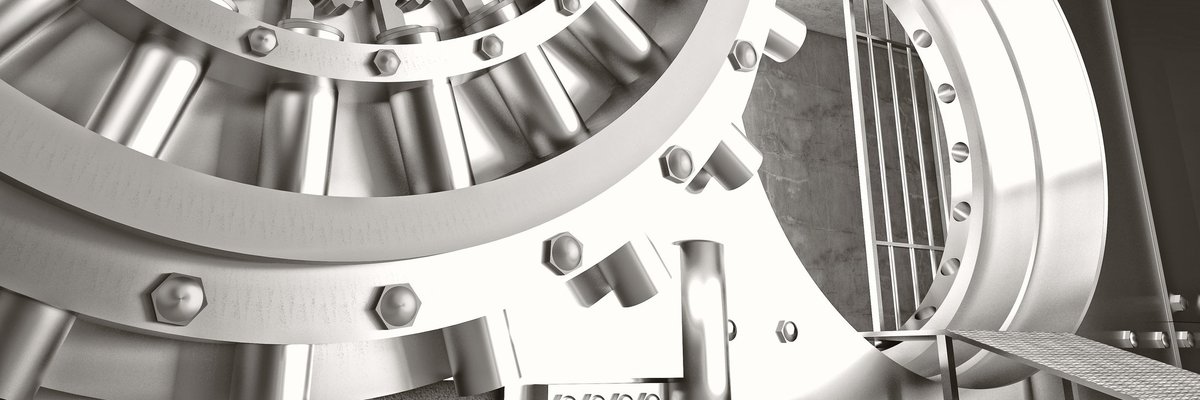$50K in the Bank? Here's When It's Too Much -- and What to Do Instead

Image source: Getty Images
If you've got tens of thousands in excess savings, congratulations -- having a lot of cash saved up is never a bad thing.
But the truth is, some (or even most) of that money is probably better off elsewhere. Once you've built up your emergency fund -- say, three to six months' worth of expenses -- you're better off moving that money to a place it can really grow.
Depending on your lifestyle, $50,000 in the bank is probably too much. Here's where to move your excess cash instead.
Three great places to put your extra cash
1. Individual retirement accounts (IRAs)
For a great way to invest in your future on your own terms, consider an IRA.
IRAs are an amazing savings tool because of their tax advantages -- namely, the fact that they're exempt from capital gains and dividends taxes. In the long run, that can mean extra earnings in the five or six figures.
With an IRA, you can buy stocks, bonds, mutual funds, and more. I recommend starting here -- use your excess cash to max out an IRA for valuable long-term growth.
Ready to start saving for retirement? Open one of our favorite IRAs today.
2. Brokerage accounts
Similar to IRAs, brokerage accounts let you invest in stocks, bonds, mutual funds, and more. They don't offer the same tax breaks as IRAs, but unlike IRAs, they're open to everyone (you don't need an income to open one) and you can invest as much as you want (since there are no yearly contribution limits).
By investing in an index fund, like one that tracks the S&P 500, you can be confident that your money will grow steadily over time. It's a great "set it and forget it" investing option.
3. Certificates of deposit (CDs)
CDs let you lock up your money for a given length of time -- usually months or years -- in exchange for a guaranteed return. They're the perfect place to put your medium-term savings that you don't need instant access to.
For example, let's say you put $10,000 in a 1-year CD that earns 4.00% APY. Once your CD matures after the full year, you'll get your money back, plus 4.00% in interest -- a total of $10,400.
CDs are an especially good idea when interest rates are expected to fall (like they are now). While the APY on your savings account drops, your CD rate is locked in for the duration of your term, whether that be a few months or several years.
Ready to get started? See our full list of the best CDs and lock in a high rate today.
Should you hold on to more in savings?
A three- to six-month emergency fund is enough savings for most people. But there are a few reasons why you might want more cash on hand.
If you're saving up for a big purchase, for example, like a down payment on a home, keeping additional cash in your account makes sense. If you have health concerns, unstable income, or if you're in a volatile industry, you might consider holding on to more cash.
Beyond that, though, keeping $50,000 or more in a standard savings account is probably a missed opportunity.
For the cash you do keep in the bank, consider opening a high-yield savings account (HYSA). Right now, top HYSAs are offering APYs of 4.00% or higher, making them the perfect place to keep short-term savings.
Want to earn more on your short-term cash today? See our full list of the best high-yield savings accounts available now.
Our Research Expert




